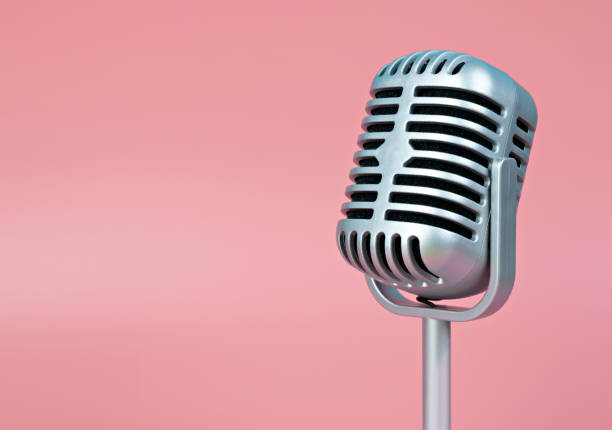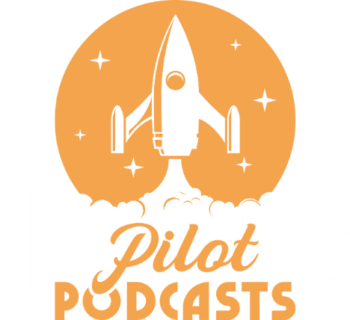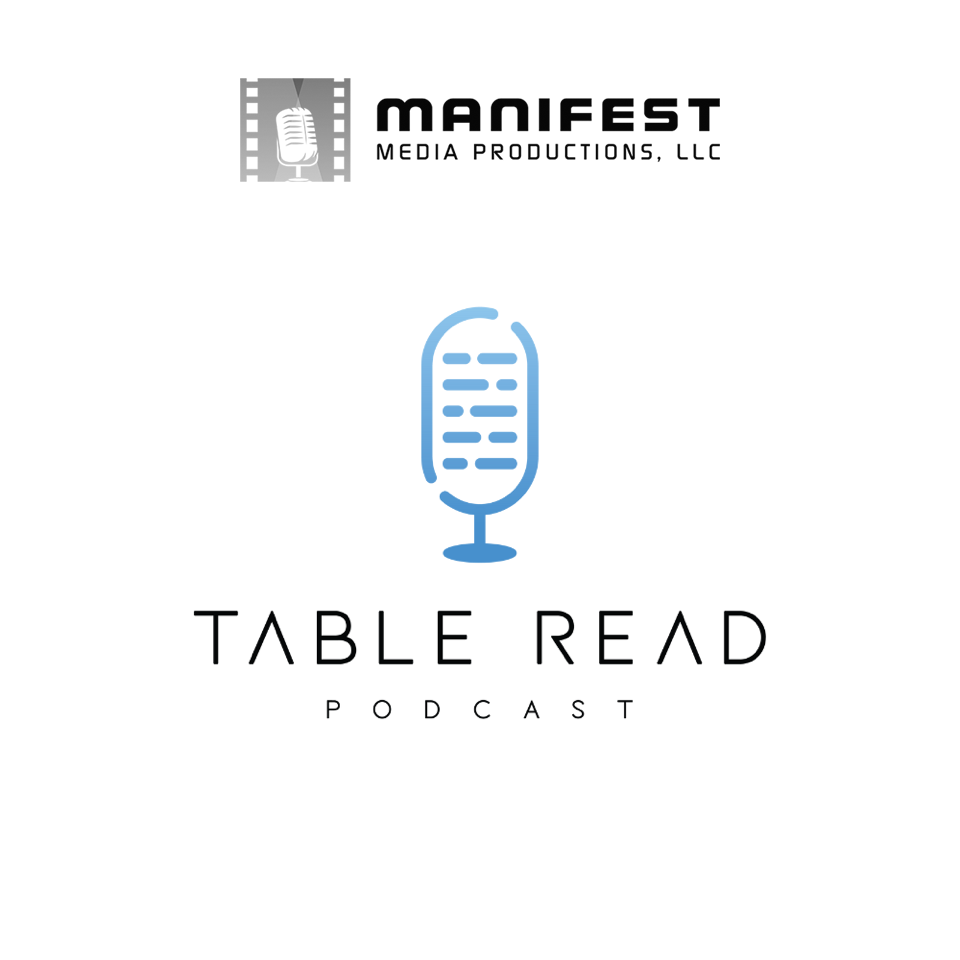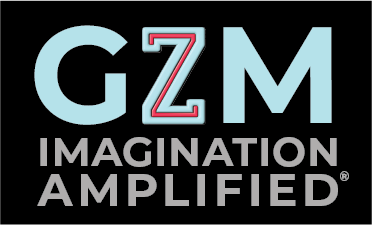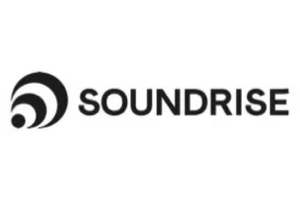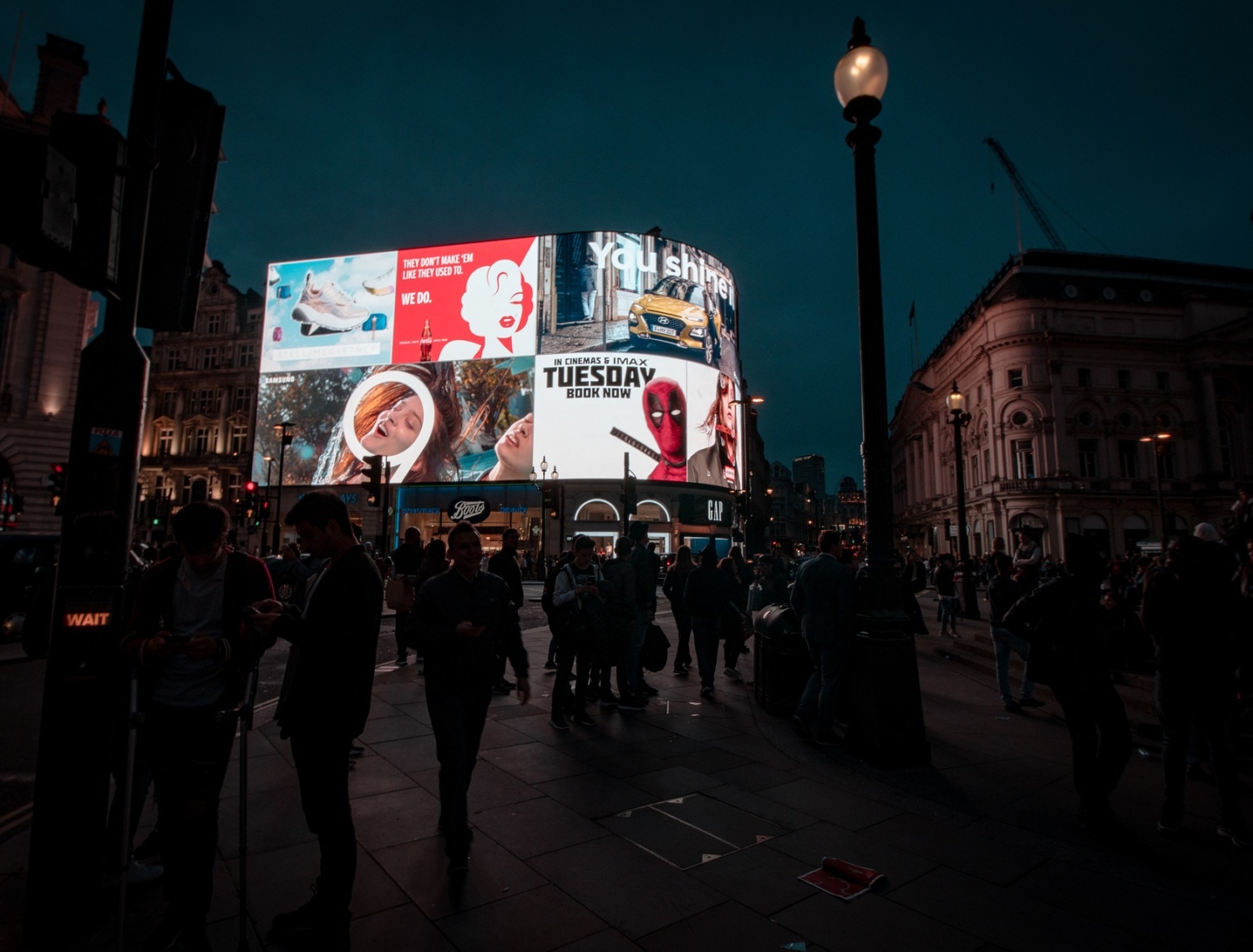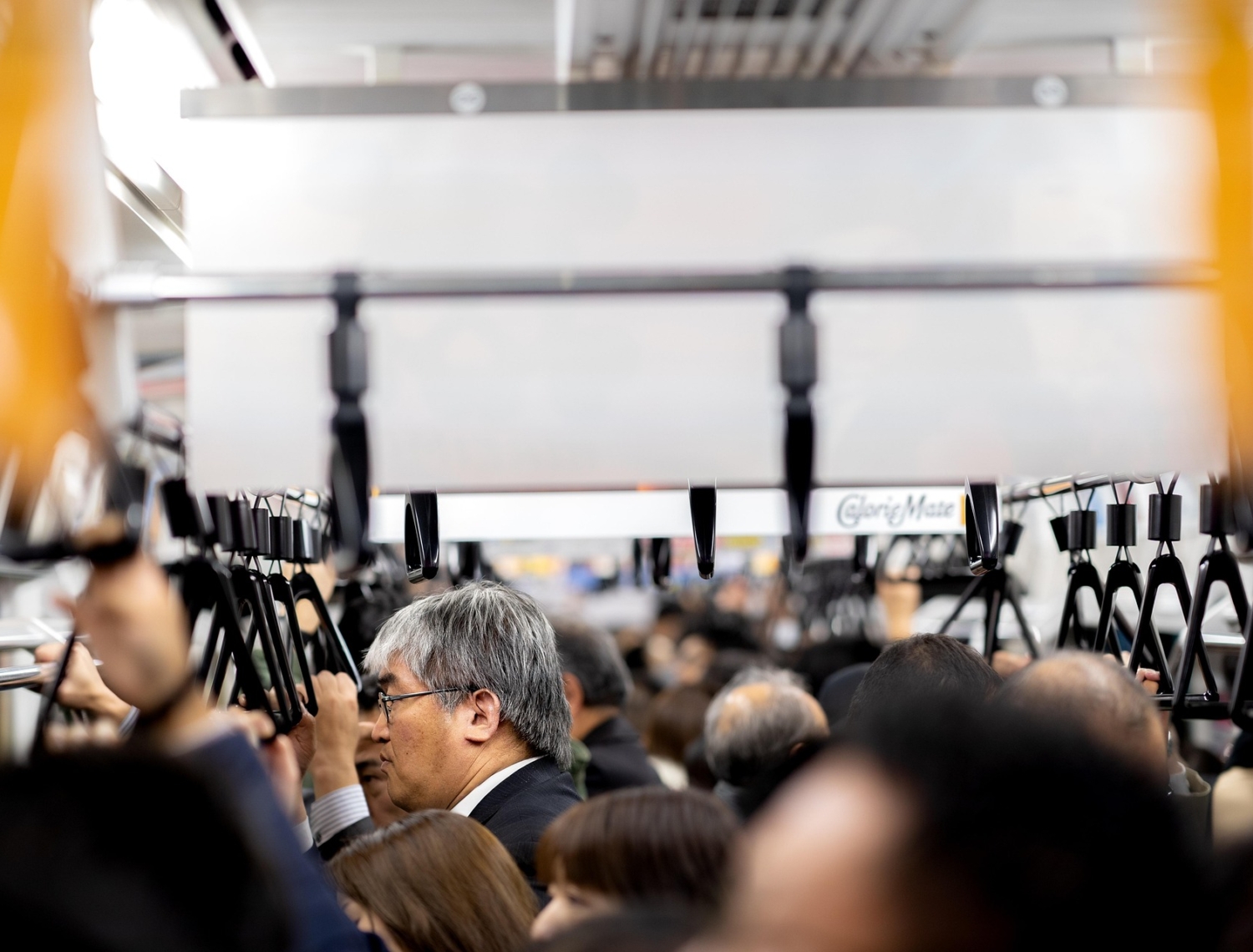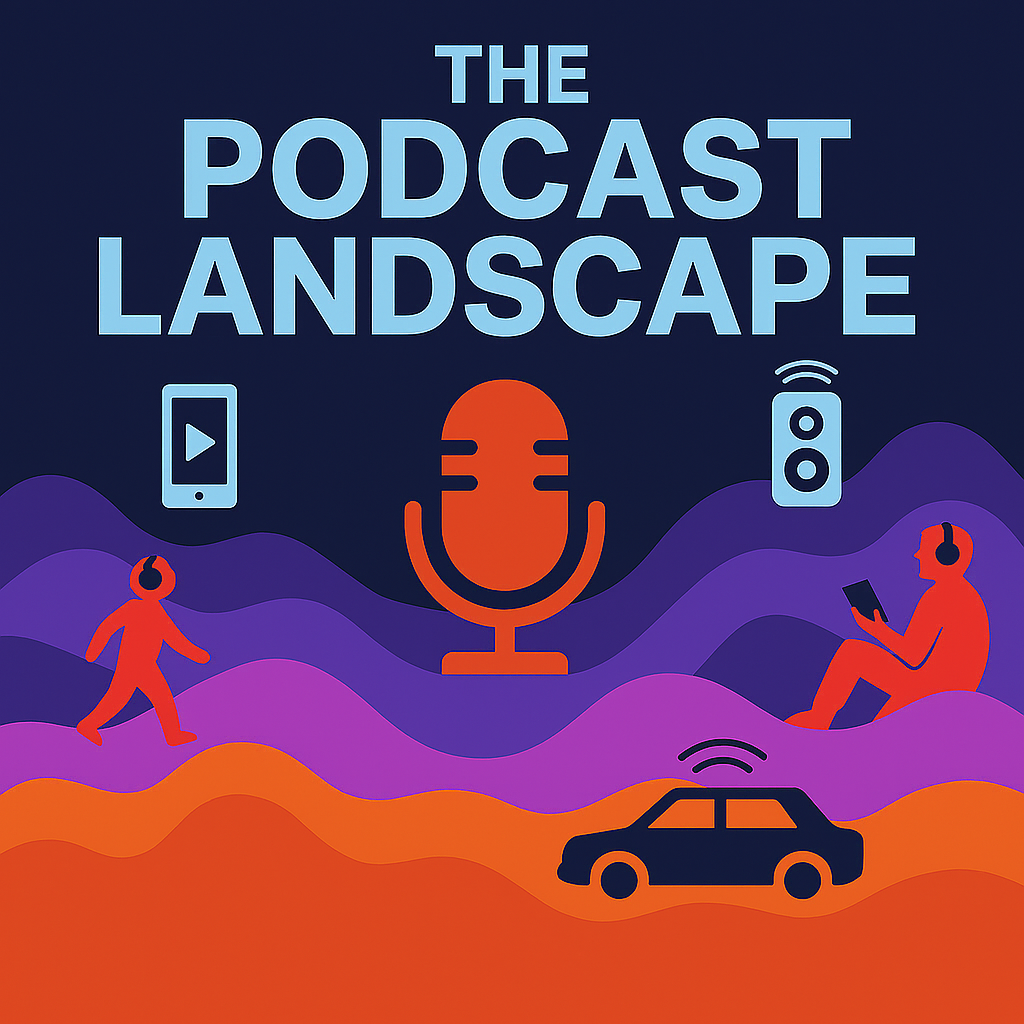There’s no shortage of advice on growing a podcast, but how do we grow podcasting? Sounds Profitable’s latest Podcast Landscape study aims to answer that. The largest publicly-available study of podcasting in the U.S., The Podcast Landscape 2024 is available in full at Sounds Profitable.
Recently, I was involved in a discussion on LinkedIn that was prompted by podcaster Sangeeta Pillai’s thoughtful post about the gender imbalance in podcasting, and it’s a critical discussion to surface to the industry at large. She notes:
To a casual observer looking into the “world’s best podcasts” it would seem women aren’t anywhere near the top in the podcasting world. The big bucks in podcasting are being made by men. The big shows are usually led by men. The big download numbers seem to belong mostly to men.
She’s not wrong! Yes, there are exceptions, and some notable ones, but we must honor the argument here – women are the majority of the population but are far from equal in both audience and monetization. For me, everything starts with the audience, so let’s talk about this number, the female composition of the podcast audience, because it’s creeping ever so slightly backwards:

When I started researching podcasting nearly 20 years ago, the audience was over two-thirds men. It also wasn’t a mainstream format or a viable career choice. Over the years, the gender composition of the podcast audience slowly inched towards the population balance as more content and more opportunities were available for women. Lately, though, the composition of the audience has ticked a skosh more male again. You don’t even need to see trending on this; from this same report, the percentage of women who say they have ever listened to a podcast is 47%, so somewhere along the way, more women than men have fallen off the rolls.
Here is what I think is positive: I don’t think it is a sign that we have “lost” women; rather, I think many of the medium’s newest big hits are male-driven shows. The continued growth of video podcasting, in particular, has fueled the success of some of the newest hits for this medium, but many of those shows are by and for dudes. So, we are making new hits, something people whose knowledge of podcasting stopped at Serial may have overlooked, but there is no question that many of these new hits are YouTube-driven and draw disproportionately male audiences.

If you are a proponent of “laissez-faire” podonomics, you might assume that this is just a phase, or a blip, that will work itself out eventually. I don’t think you can assume that, and here’s why: algorithms are not equitable. I often tell people that algorithms are just math + assumptions, and in the case of content, the assumptions are often inherently simplistic. If you like, follow, or subscribe to New Heights, the next thing you are likely to be recommended is probably another popular male-driven football-adjacent podcast (Club Shay Shay, anyone?) Whether the algorithm itself is inherently biased isn’t a blanket statement I am willing to make, but it sure as heck can snowball an existing systemic bias into something much worse.
So how do we combat this, and put a wrench in this flywheel? I think there are two things that industry leaders in this medium can do immediately. The first is to promote the nature of podcasting as a companion medium – a thing you can take with you wherever you go, to accompany whatever you are doing, and serve as a way to claw back some time for yourself. Next week’s newsletter will be an in-depth revisit to a segment we uncovered in last year’s Podcast Landscape report – The Persuadables. This segment of American non-listeners is predominately female, 55+, and are receptive to the idea of podcasting – and the benefits that were most appealing to this group centered around being able to hear engaging discussions in the car, while doing errands, and while doing things around the house – found time, in other words, for audio. We don’t trumpet the utilitarian benefits of podcasting enough, and I have certainly made this case before.
The second thing this industry needs to do is put its weight behind female voices and actively build shows we believe in. This is something pop/Top 40 radio used to be good at in the days before passive measurement caused a backlash against talk segments by music DJs – talented programmers and jocks would believe in a new record, and they wouldn’t just play it without remark. They would lift it up – talk about it, tease it, protect it by bookending it with big, familiar hits (I talked about this in Charles Duhigg’s book, The Power of Habit, in case you are interested in hearing more). Proactive curation – taking a stand on something new and unfamiliar – is the only way to stop the flywheel. It means actively promoting shows hosted by women. It means male hosts actively promoting shows hosted by women. I can’t emphasize that enough.
This is important because we need to provide role models and examples of the possible, which means it actually needs to be possible. We need more big women-led shows, and waiting around for that to “just happen” doth butter no parsnips. We can’t just point women to a microphone and say: there it is – you just have to grab it! Women do more and earn less. For the vast majority of us, podcasting is an unpaid, spare-time activity, and women in this society face a host of demands and obstacles that are a bit more systemic than simply offering a discount on podcast hosting would solve.
Dedication to work and home often causes women to say “no,” whereas a man wouldn’t think twice about saying yes. I have seen this firsthand through the eyes of my brilliant wife, Tamsen, who, among many other things, has worked for years with one of the most prestigious Tier 1 TEDx conferences in the world, TEDxCambridge (now TEDxNew England). The speakers for this annual event tend to be academics – often, scientists working on a “big idea” that they struggle to communicate to a larger audience, which is where my wife’s gift comes in. But one thing she has always told me, as someone who works behind the scenes on all aspects of this event, is that women are more likely to just say no, or more likely to have to pull out of the event.
I am not going to mansplain the reasons behind this. In public speaking, just like in podcasting, a man is less likely to let the microphone go, regardless of other obligations. And yes, these are societal and systemic issues, and podcasting isn’t going to fix them. But every little bit we can nudge ourselves into the light means less darkness for the future. And I think we do that by doing more than just pointing women to a microphone – we have to actively lift, promote, and create exemplars that make it clear that we need their voices, and their ears.
Algorithms and inertia will continue to surface and promote what is already popular – streaming music charts are all the evidence you need of that. Outsourcing recommendations to an algorithm pretty much guarantees the perpetuation of an existing system. To stop the gender balance of the audience from moving backwards, we have to over-promote and over-invest in podcasts by and for women. The only solution to reverse inequity is to be inequitable in reverse. As I often say, if I have $1000 and you have $1, and I agree to split every dollar with you from now on, that sounds fair – but I will always have more money than you.
In short, we have come a long way since 2005, and I don’t want to go back there! First of all, I changed a lot of diapers in 2005. I also spoke to a lot of small crowds about a medium I loved that I wasn’t totally sure was going to make it. I think we are going to make it now, but know this: it doesn’t just happen. Henry Miller once wrote, “We create our fate every day . . .most of the ills we suffer from are directly traceable to our own behavior.” No one of us can reverse the systemic biases that fuel this and so many other disparities in our culture. But if you have a microphone, make it a point to promote a female-led show the next time you use it.
New Partners
Sounds Profitable exists thanks to the continued support of our amazing partners. Monthly consulting, free tickets to our quarterly events, partner-only webinars, and access to our 1,800+ person slack channel are all benefits of partnering Sounds Profitable.
- Founded by ex YouTube Managers, BuzzMyVideos provides a AI YouTube Growth Platform that increases reach, revenue and saves time + cost.
- Voltage is an audio production services agency, focused on premium content.
- Founded in 2011, Player FM is a top podcast player on iOS, Android and Web that reaches millions of listeners per month. The Player FM team also works with top creators, studios and brands to grow their listenership and audience through Player FM ads.
Want to learn more about partnership? Hit reply or send us an email!

